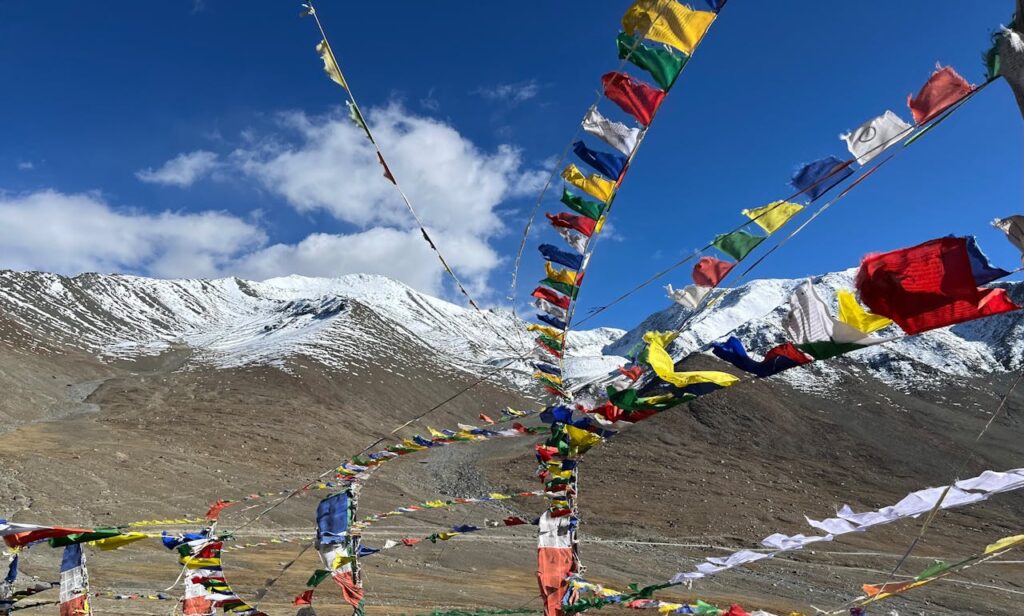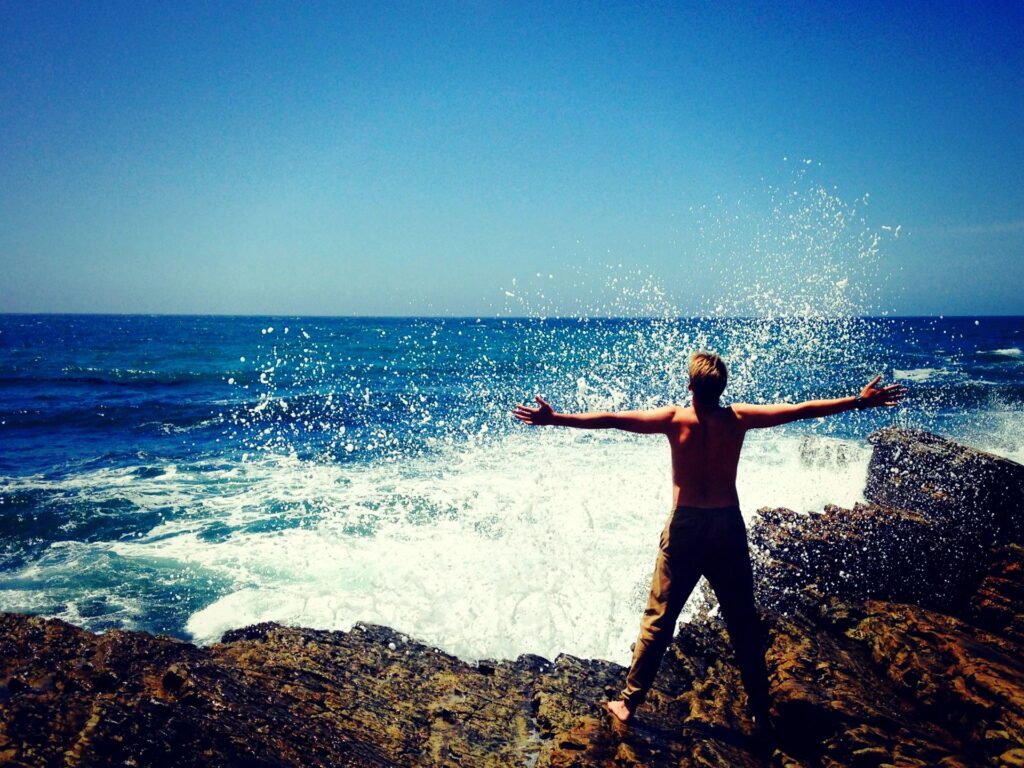At our last Exploration Gathering, we tackled the question: what do we think about prayers and blessings? We kicked off the discussion with a modern view of prayer.
Prayer is often seen as a way to connect with a higher power or your spiritual self…People pray in all different ways, from words or chants spoken out loud to internal conversations and meditations. Anyone can pray, regardless of religious background or leanings, Wilson explains. Prayer is not strictly religious, and many people who identify as irreligious can benefit from incorporating prayer into their daily lives. This could involve taking time to pause and reflect on the day or week that has passed, expressing gratitude for the blessings in one’s life, setting intentions for the future, or simply taking a moment to find stillness.
Heather Wilson, LCSW from the DailyOM
Our reactions to prayer and blessings
Some indicated that they are open to prayers and blessings of all types. Prayer by its definition must be benevolent. The individual receiving the prayer has the right to refuse acceptance of the prayer if they do not think it is in their best interest. We concluded that we should always ask permission before offering a prayer or a blessing to someone or about someone. The group generally had a positive reaction to prayer. There was some hesitancy about blessings until we defined what a blessing is: compassionately expressing a desire for good for another.
We talked about different kinds of prayer such as structured (pre-written) and unstructured (extemporaneous) prayer. Some people have hesitancy to say unstructured prayers from a sense of self-consciousness about the words they use. Mary Oliver, an American poet, addresses this concern in her poem, Praying.
It doesn’t have to be
the blue iris, it could be
weeds in a vacant lot, or a few
small stones; just
pay attention, then patch
a few words together and don’t try
to make them elaborate, this isn’t
a contest but the doorway
into thanks, and a silence in which
another voice may speak.Mary Oliver
Who are we praying to?
Some in the group say that there is some higher power that hears our prayers. This might be beings of light wanting to help, humans wanting to help, or some other force of nature. In this world view, the one praying acts as an intermediary of sorts connecting the one being prayed for to this higher power or group of helpers. The thought is that the prayer flows through the one praying. Perhaps the universe conspires to conduct circumstances to meet the desire of our prayer.
We entertained the possibility that we are praying to ourselves, speaking to that spark of the divine or higher power that dwells within. This world view assumes that we are connected to something greater than ourselves that is a part of us. In this way we are setting an intention for some good to come about. We are praying to ourselves to change our mind, setting a new intention for ourselves or others. To the degree that we are convicted about our intention, the prayer has the tendency to manifest.
Who is prayer for?
A general consensus is that prayer is for us. It does not change a higher power’s mind. We were given freedom of choice when we were created. Prayer can bring us comfort in times of trouble. We also talked about praying in gratitude when things are going well. Many were interested in adopting this practice of praying in celebration.




